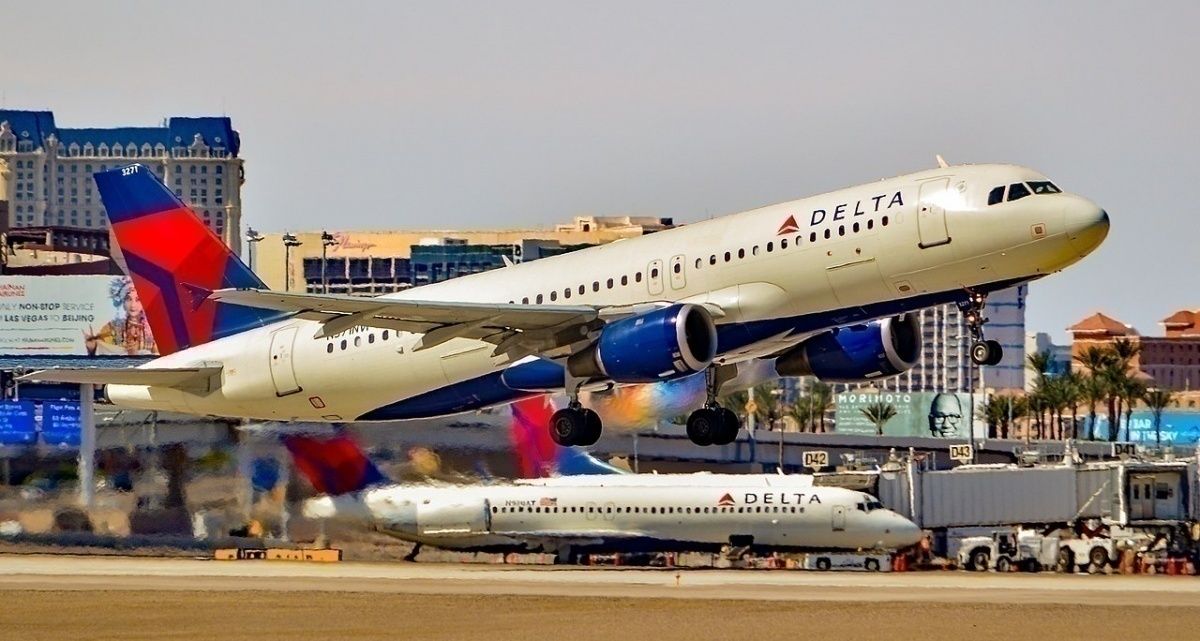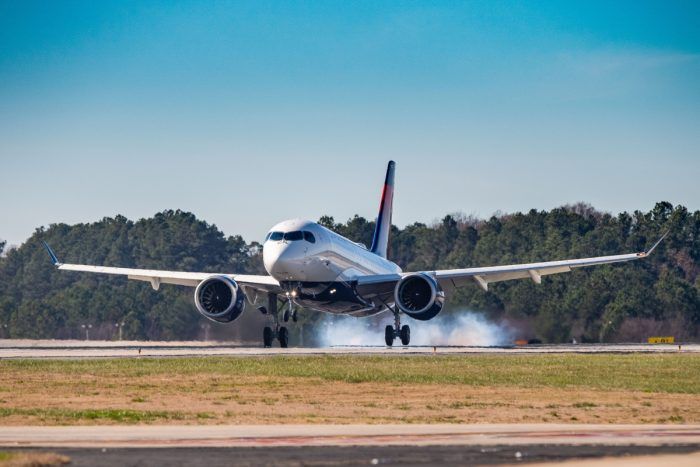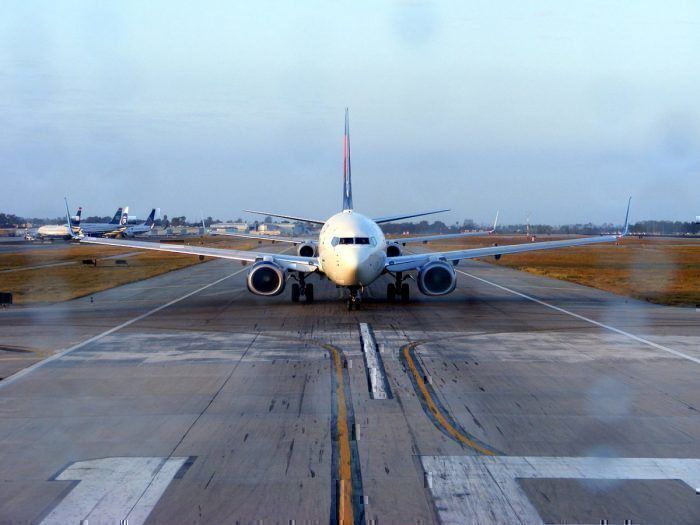Delta Air Lines has announced that it will spend $100,000 to offset the CO2 emissions from its CES 2020 flights. CEO Ed Bastian used his keynote address at the event to announce that the company would be offsetting its flights to and from Las Vegas for the week beginning 6th January 2020.
19 million trees since 1999
Bastian informed the keynote that Delta would be investing $100,000 with The International Small Group & Tree Planting Program (TIST), a nonprofit that works with subsistence farmers in countries such as Kenya and Uganda. Since 1999, the organization has planted over 19 million trees. This comes in the wake of British Airways announcing earlier this month that it would be introducing a new offsetting scheme.
Plans were also unveiled at the keynote as to how Delta aims to improve the customer experience with the use of technology and innovation. Partnering with the advocacy group, Global Citizen, Delta will also be investing in a verified carbon offset program.
This program intends to cover the carbon footprint associated with air travel for the upcoming event Global Goal Live: The Possible Dream. This year-long campaign, in part organized by Global Citizen, seeks to help raise awareness of the $350 billion funding gap to the 59 poorest countries worldwide as part of the United Nations Sustainable Development Goals.
Going greener and greener
This is not the first sustainable initiative from Delta. The company has stated that it is committed to reducing its emissions by 50 percent within 30 years. Fuel efficiency initiatives have lead to a reduction in fuel consumption and an 11 percent decrease in fleet emissions. Delta has also purchased 12 million carbon offsets, and through the Fly Delta app passengers are able to further offset their travel.
Delta is recognized as a leader in sustainable commercial air travel in the United States. It is the only US airline to voluntarily cap greenhouse gas emissions at 2012 levels. This is despite a 25 percent growth in the company.
Following on from this, in 2018 it began to replace single-use plastics onboard, eliminating 135,000 kilograms in plastic waste per year. Their innovative use of upcycling previous uniforms also earned them a special mention in our article on the world's greenest airlines. In 2010 they became the first US airline to recycle waste from aircraft, resulting in more than 1,400,000 kilograms of aluminum being recycled.
Investing locally
As well as taking responsibility to reduce its global carbon footprint and supporting environmental organizations worldwide, Delta has also recently taken on more local partnerships in the US. In 2018, it partnered with Duke University, as well as NFL franchise the Seattle Seahawks, to reduce and offset carbon emissions.
Delta is also channeling $2m into a study that would potentially produce biofuel out of debris from forest floors, as well as agreeing to purchase 10,000,000 gallons per year of renewable biofuels. These biofuels emit 75% fewer greenhouse gasses than conventional jet fuel.
What other initiatives should airlines introduce in order to be more sustainable? Do you think this effort is enough from Delta? Let us know in the comments.



